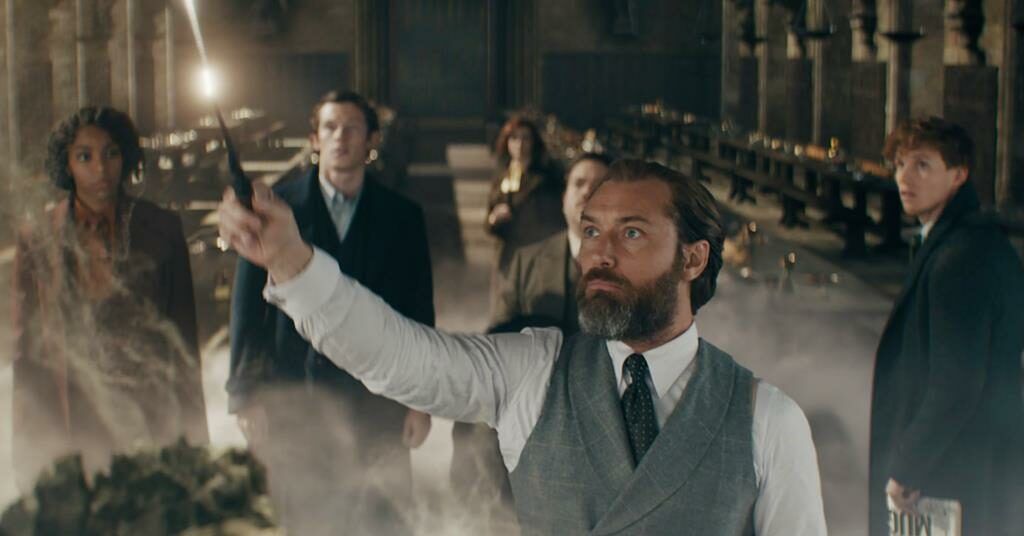Warner Bros slammed for cutting LGBTQ+ scene from ‘Fantastic Beasts’ in China
'Fantastic Beasts: The Secrets of Dumbledore' was released last week
By Nick Reilly

Warner Bros has faced backlash for removing a six-second LGBTQ+ scene from the international release of Fantastic Beasts: The Secrets of Dumbledore to appease Communist censors in China.
The third film in the Harry Potter spin-off series will be released in the country on April 15 and features a six-second clip that hints at a romantic relationship past between Dumbledore (Jude Law) and Gellert Grindelwald (Mads Mikkelsen).
Warner Bros has since confirmed the lines “because I was in love with you” and “the summer Gellert and I fell in love” have both been cut, after the production giant “accepted China’s request to remove six seconds from the movie”.
Criticising the decision, Julia Hinds of the Detroit Free Press wrote: “A major studio works its magic, making tolerance and acceptance disappear”.
But Vox Editor Matt Collette questioned the film’s commitment to LGBTQ+ representation when the cuts amounted to a mere six seconds from its 142 minute runtime.
“Lololol, ‘Only six seconds of the movie’s 142-minute runtime were removed’,” he wrote.
“So it seems likely that Warner Bros and JKR were never particularly willing to go there either.”
Defending the decision, Warner Bros previously said that the “spirit of the film remains intact”.
“As a studio, we’re committed to safeguarding the integrity of every film we release, and that extends to circumstances that necessitate making nuanced cuts in order to respond sensitively to a variety of in-market factors,” they told Variety.
“Our hope is to release our features worldwide as released by their creators but historically we have faced small edits made in local markets. We want audiences everywhere in the world to see and enjoy this film, and it’s important to us that Chinese audiences have the opportunity to experience it as well, even with these minor edits.”
Elsewhere, Fantastic Beasts star Mads Mikkelsen recently criticised method acting – labelling the practice “pretentious” and “boring”.
